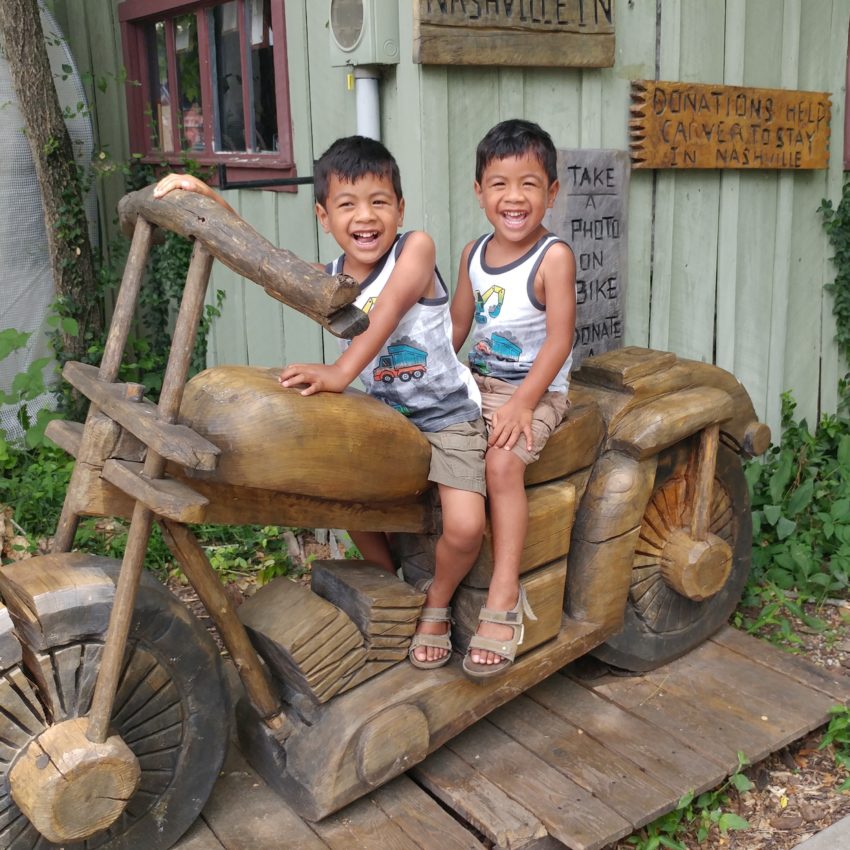The adoption p rocess is one that can be extremely confusing, to say the least. That is why MLJ is here to help and provide you with guidance and resources that will help ease some of the confusion. Being able to differentiate between the Orphan and Convention processes is the first step in discovering what path you need to take for your individualized journey of adopting a child. Which process you undergo will be determined by which country you choose to adopt from and whether that country is considered a Convention country or a non-Convention country. So, what are the differences in these processes? The I-800, or the Convention process, is done under the processes and procedures of The Hague Convention on Protection of Children and Co-operation in Respect of Intercountry Adoption (Hague Adoption Convention). Typically, countries that are signatory to the Convention have a central authority that MLJ works directly with to ensure that the process is safeguarded, transparent and ethical. Current programs that MLJ is inviting families into includes Haiti, Burkina Faso, Peru, and Bulgaria.
rocess is one that can be extremely confusing, to say the least. That is why MLJ is here to help and provide you with guidance and resources that will help ease some of the confusion. Being able to differentiate between the Orphan and Convention processes is the first step in discovering what path you need to take for your individualized journey of adopting a child. Which process you undergo will be determined by which country you choose to adopt from and whether that country is considered a Convention country or a non-Convention country. So, what are the differences in these processes? The I-800, or the Convention process, is done under the processes and procedures of The Hague Convention on Protection of Children and Co-operation in Respect of Intercountry Adoption (Hague Adoption Convention). Typically, countries that are signatory to the Convention have a central authority that MLJ works directly with to ensure that the process is safeguarded, transparent and ethical. Current programs that MLJ is inviting families into includes Haiti, Burkina Faso, Peru, and Bulgaria.
If you are adopting a child from one of these countries and live in Indiana, you will need to do a home study through MLJ or an accredited home study provider in your state If you don’t live in Indiana. When the home study is approved, you will then send in your home study along with other applicable documents and apply for a USCIS approval, or approval of the I-800A form. The I-800A form is an application for Determination of Suitability to Adopt a Child from a Convention Country. Prospective adoptive parents should pay close attention to instructions, fill the form out carefully, and remember to sign it! Also, pay close attention to whether Supplemental 1, 2 or 3 are applicable to your filing situation.
Under the Convention Process, the I-800A approvals need to be updated annually or if there is some form of change in the household (which also requires a home study update along with a new approval).
USCIS usually sends your approval form within 3-4 weeks of receiving the application and if all required information was not received you may receive Notice of Request for Additional Evidence (RFE).
On the approval form, the approval expiration as well as fingerprint expiration dates are listed. Once you receive an approved I800A and you are matched with a child, you can then begin the process of receiving approvals from both the U.S. and the child’s country of origin to begin the legal adoption process. The U.S. will first approve your adoption of a specific child through the I800 form. Families should not begin the legal adoption process until they have received a provisional approval of form I800, an Article 5 letter as well as an approval to adopt the child from the sending country’s central authority, prior to finalizing the adoption of the child.
The Orphan process is somewhat similar to the Convention process but there are some key differences. The Orphan process is used to determine a child’s eligibility to qualify as an orphan who habitually resides in a country and who is not signatory to the Hague Adoption Convention. USCIS still determines the eligibility of the child for those who choose to adopt internationally from one of these countries. Families will submit I600A and I600 forms during this process. MLJ has several countries that utilize the Orphan process including Samoa, Nicaragua, Ukraine, and several of our Primary Provider programs. Just like Hague adoptees, our prospective clients whom fall under the Orphan process will first complete a home study, either through MLJ or an accredited home study provider in your state of residence. Prospective adoptive parents will complete form I600A Application for Advance Processing of an Orphan Petition which is approved by USCIS.
After approval of form I600A, families move forward with the match of a child and the legal adoption or guardianship process before filing the I600 Petition to Classify Orphan as an Immediate Relative. After provisional approval of form I600, processing of the I604 investigation commences, a visa interview is conducted, and the child’s visa may then be approved.
The applicable differences in these two processes is the timing of how the adoption proceeds and the filing of forms I800 and I600. Families must ensure the proper steps are followed in the correct order during the I800 process or they risk their child’s visa being denied. Such procedures and multiple approvals are not applicable in the Orphan process, which many view as a much simpler process. The Convention process, as opposed to the Orphan process, is seen by many as a much safer process due to the protection and security in place within the Hague Adoption Convention.
While the processes may be different, the end the result is the same, issuance of a visa for child who has found a forever home and a loving family.
